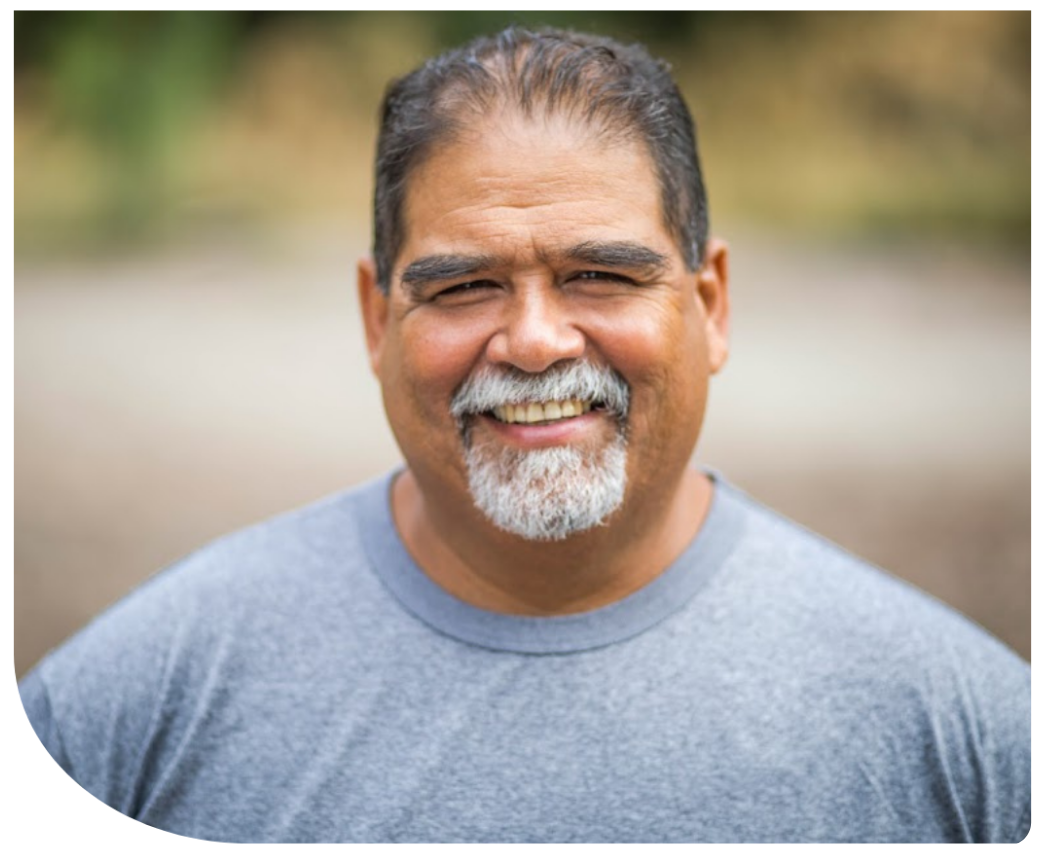Helping You Access
The Care You Deserve
Making Healthcare Less Confusing
Everyone deserves high-quality, affordable care, regardless of age, gender, race, ethnicity, or income. While we believe that primary and preventative care is the best kind of care, we also know that many members of our community are navigating periods of profound illness or injury, or may need extra support outside of their doctor’s office.
